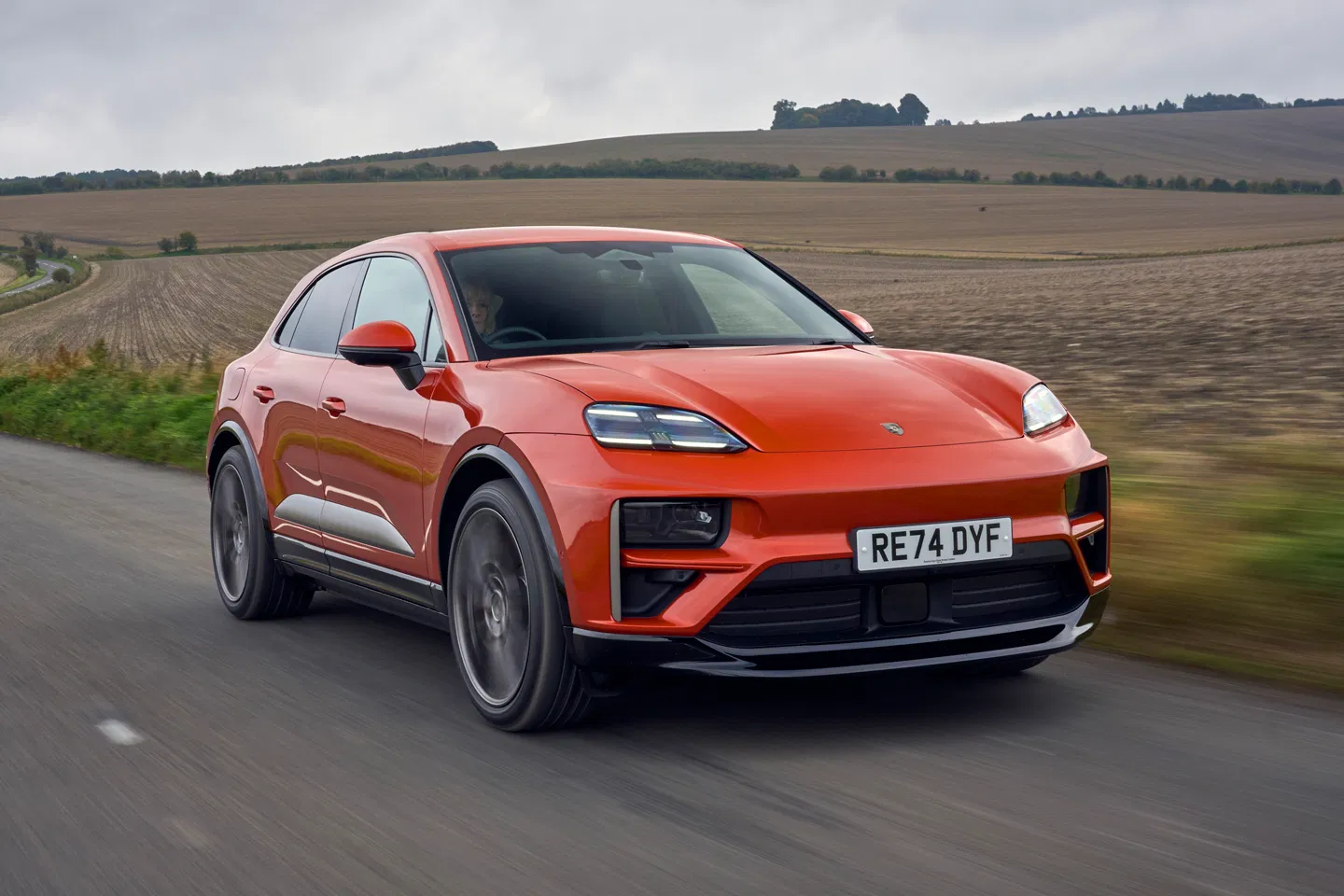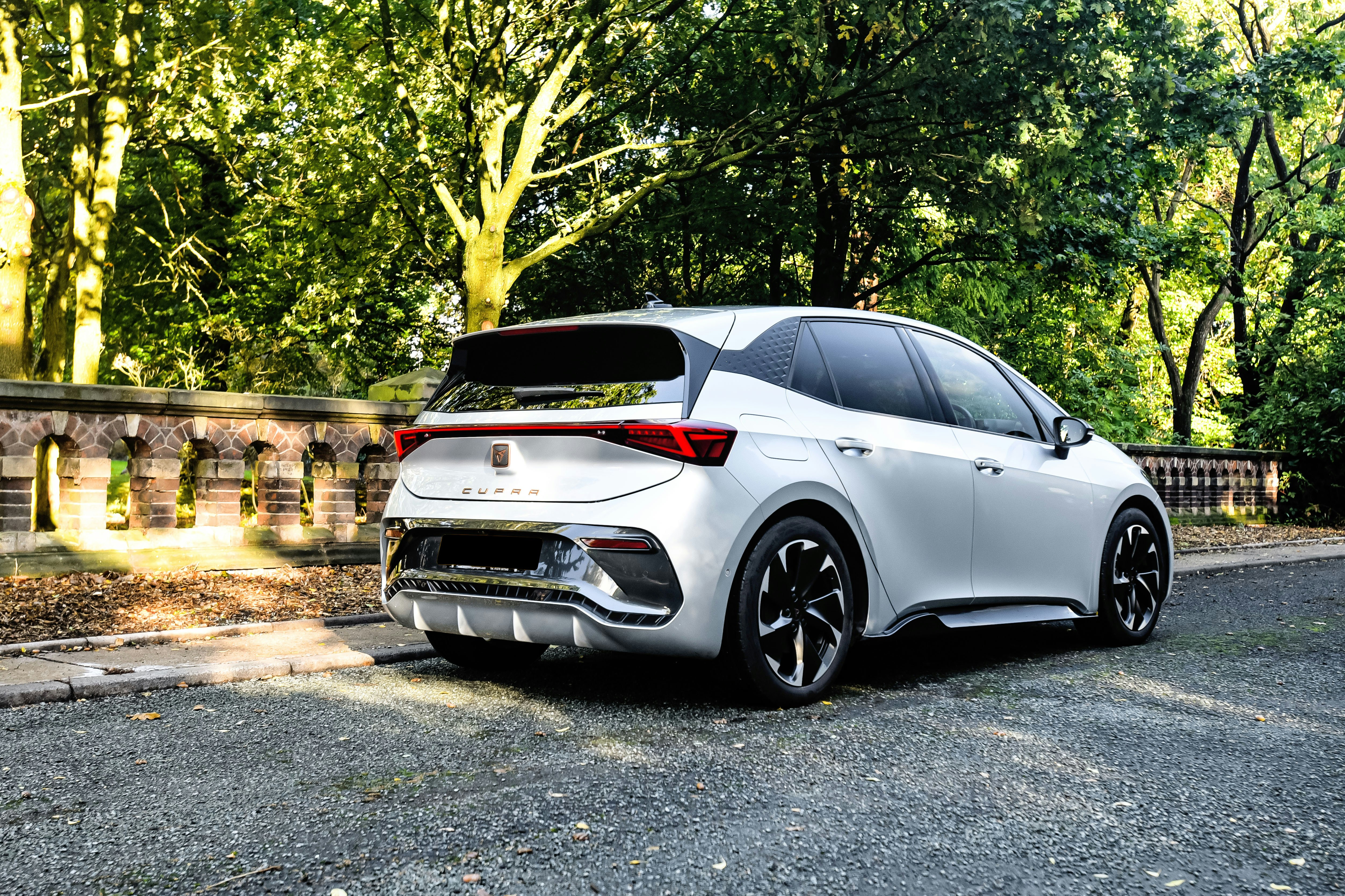Got a car to sell? Get a free valuation →
Should You Lease or Buy an Electric Car?
Confused about whether to lease or buy your new electric vehicle?

Buying or Leasing an Electric Car, What’s the Best Option?
As more drivers make the switch to electric vehicles (EVs), one big question remains: should you buy or lease an electric car? With various financing options available, from outright purchase to flexible lease agreements, it’s important to weigh up the pros and cons of each to find what suits your lifestyle and budget.
In this EV guide, we break down everything you need to know about leasing an EV vs buying, including running costs, depreciation, and what to expect from a leasing agreement.

What Does Leasing an EV Involve?
Leasing an EV means paying a fixed monthly cost over a set term typically 2 to 4 years, without owning the car outright. At the end of the lease, you return the vehicle to the leasing company, meaning you don’t have to worry about selling it or handling depreciation.
Whether you're after a city runaround like the Nissan Leaf or a high-end SUV, lease deals give you access to new models at a fraction of the list price you’d pay to buy outright.
Benefits of Leasing an Electric Vehicle
Low upfront costs, only an initial payment is required
Flexible monthly leasing options
Easy to upgrade when new EV technology arrives
Road tax and breakdown cover are often included
Option to add a maintenance package
Return the car at the end,no resale hassle
For many, leasing offers a stress-free way to enjoy the latest electric cars without the long-term commitment of ownership.
What About Buying an EV?
Buying an EV, either outright or through finance options like PCP or HP, means you’ll own the car, either immediately or after the finance is paid off. This can make more sense for those who plan to keep their vehicle for many years or who cover higher annual mileage.
Benefits of Buying an Electric Car
Full ownership once finance is complete
No mileage restrictions
Ability to modify or sell the car
May work out cheaper in the long term if you keep the car
Eligible for resale value and retained equity
However, buying an EV means taking on the risks of depreciation, especially as battery technology evolves and the used EV market continues to mature.
| Feature | Leasing an EV | Buying an EV |
|---|---|---|
| Ownership | You never own the car | You own it (immediately or after finance) |
| Upfront costs | Typically lower (initial payment) | Higher (deposit or full purchase price) |
| Monthly payments | Fixed monthly leasing costs | Finance payments vary by product |
| Mileage limits | Yes – with excess mileage charges | No mileage restrictions |
| Maintenance | Optional maintenance package available | You cover all upkeep |
| Resale responsibility | None – return the car | Must sell or part-exchange the vehicle |
| Flexibility | Easier to switch to new tech regularly | More suited for long-term ownership |
What About Wear and Tear?
Under a leasing contract, you're supposed to give the car back in good shape, although normal wear and tear is tolerated by the majority of leasing firms. Additional charges are incurred if you exceed the agreed mileage or return the vehicle in bad condition.
When you purchase, naturally, you do own the car, so though you won't pay return fees, you'll take the hit in lower resale value
Why Leasing an EV is Often Cheaper
EVs tend to depreciate faster than petrol or diesel cars, mainly due to rapid advances in battery technology and market incentives. This makes leasing a car a smarter choice for many drivers; the leasing company absorbs the depreciation, and you get to enjoy the benefits of a new car without the financial risk.
Plus, EV lease deals often include perks like zero road tax, maintenance packages, insurance options and the option to include servicing, giving you more control over your motoring expenses.
Which Option is Best for You?
Choose Leasing an EV if you:
Want to avoid large upfront costs
Like driving the latest models
Don’t want to deal with depreciation or resale
Prefer predictable monthly payments
Are switching from petrol or diesel cars and want to try EVs without commitment
Choose Buying an EV if you:
Drive high annual mileage
Want full control of the vehicle long-term
Plan to keep your car for more than 4–5 years
Prefer to build equity in your asset
So, Should You Lease or Buy an Electric Car?
Deciding between buying or leasing an electric car depends on how you drive, your budget, and how long you plan to keep the car. Leasing offers a low-risk, low-commitment way to get behind the wheel of the latest electric models, while buying might work out better if you're in it for the long haul.
Still unsure? Explore our latest EV lease deals, or speak to our experts today to find the best financing option for your next electric vehicle.
What's next?
Enjoyed this? Read our latest news

Huge New Grant Slashes Electric Car Prices by Up to £3,750
The UK’s latest £3,750 electric car grant is expected to drive lease prices down across popular EV models. Here’s how the new incentive could save you money on your next lease.

Hyggemarketing: Reliable Nationwide Travel for a Growing Agency
Jack Vernon, CEO of Hyggemarketing, shares how his VW Caddy lease from Motorlet transformed his travel experience—bringing comfort, professionalism, and room for his beloved Akita, Orla.

John Worth Group: A Seamless Fleet Leasing Experience with Motorlet
John Worth Group, a renowned interiors specialist, partnered with Motorlet to streamline their management vehicle fleet. Over two years, they've experienced professional service, timely deliveries, and competitive pricing, reinforcing their trust in Motorlet's leasing solutions.
Customer Stories
We've helped over 1,000+ customers find their dream car, hear what they have to say.
Read more reviews“As usual, top class service. The team at Motorlet provided first class service from beginning to end with the friendly helpful expertise of Josh and Wendy. Will continue to use their services as I have done for the past six years...” Keep reading
Diane Parish | Audi Q5

New deals weekly
Subscribe to get the latest offers, guides, new, and more, straight to your inbox.







